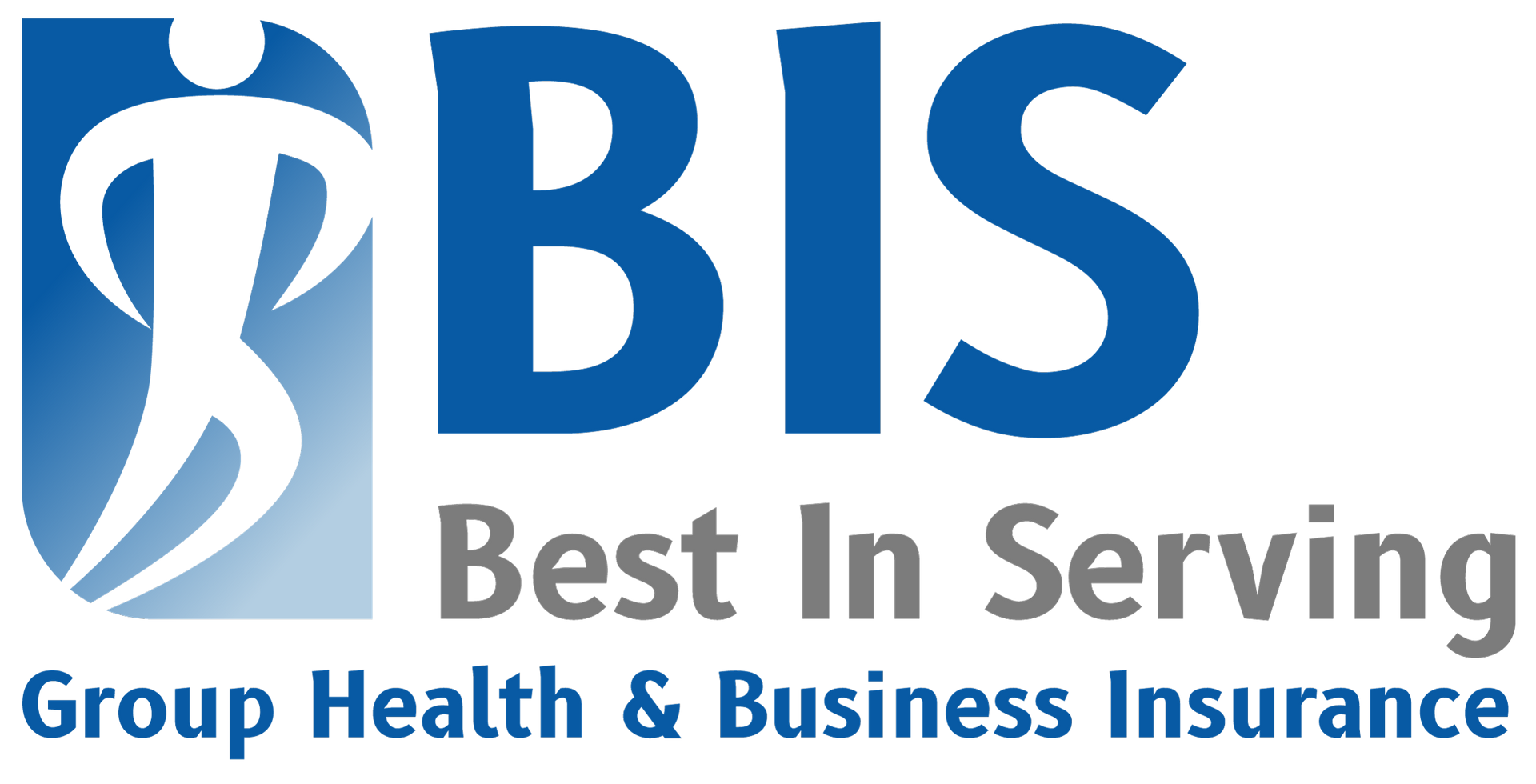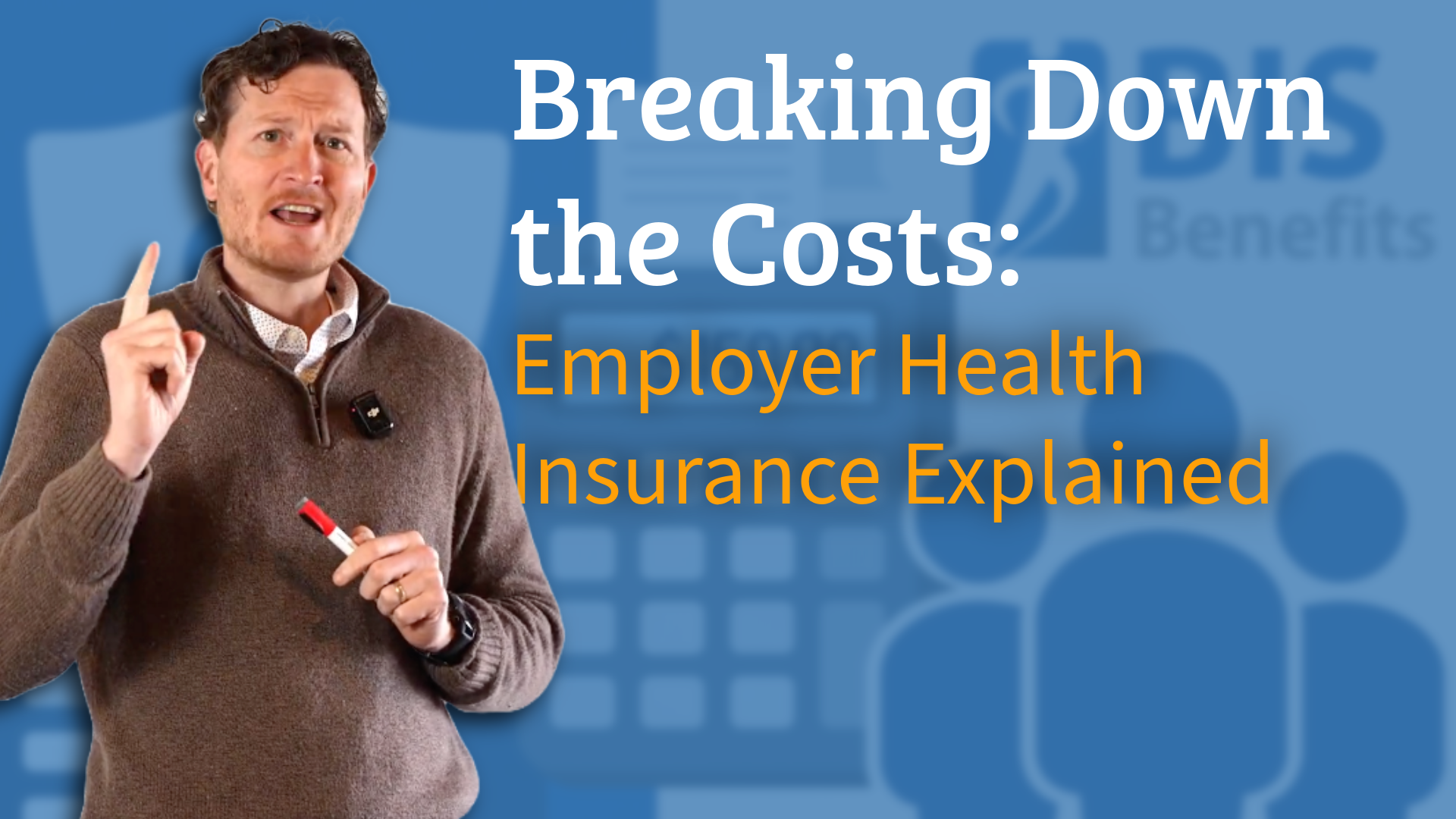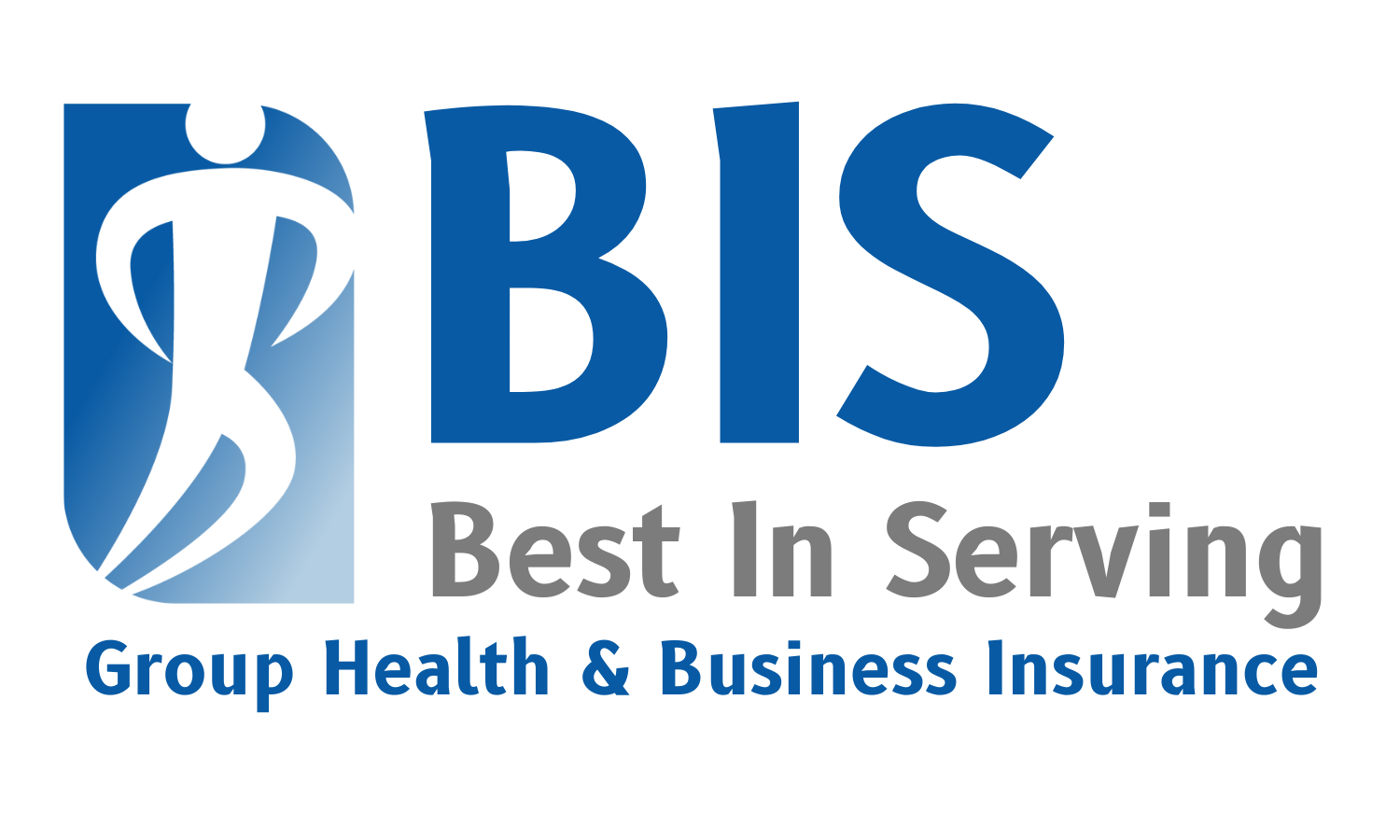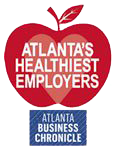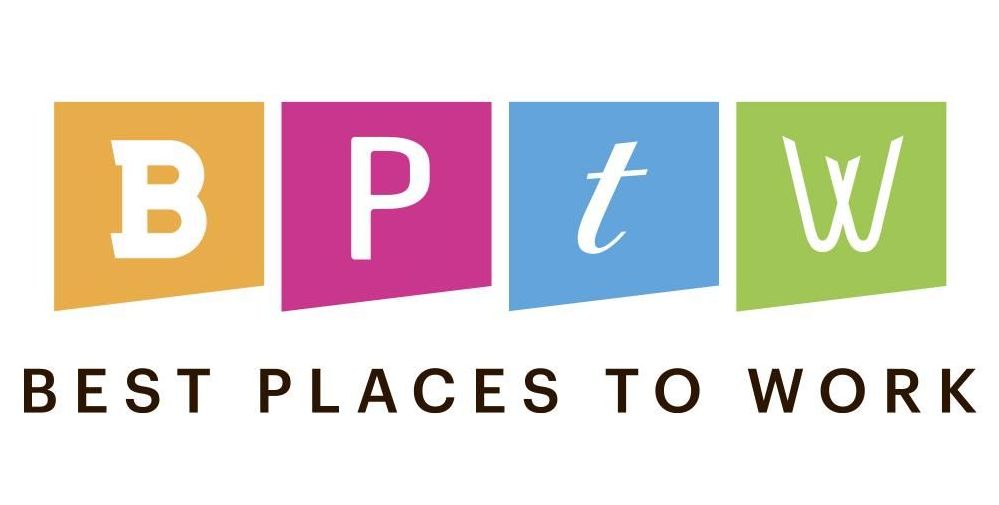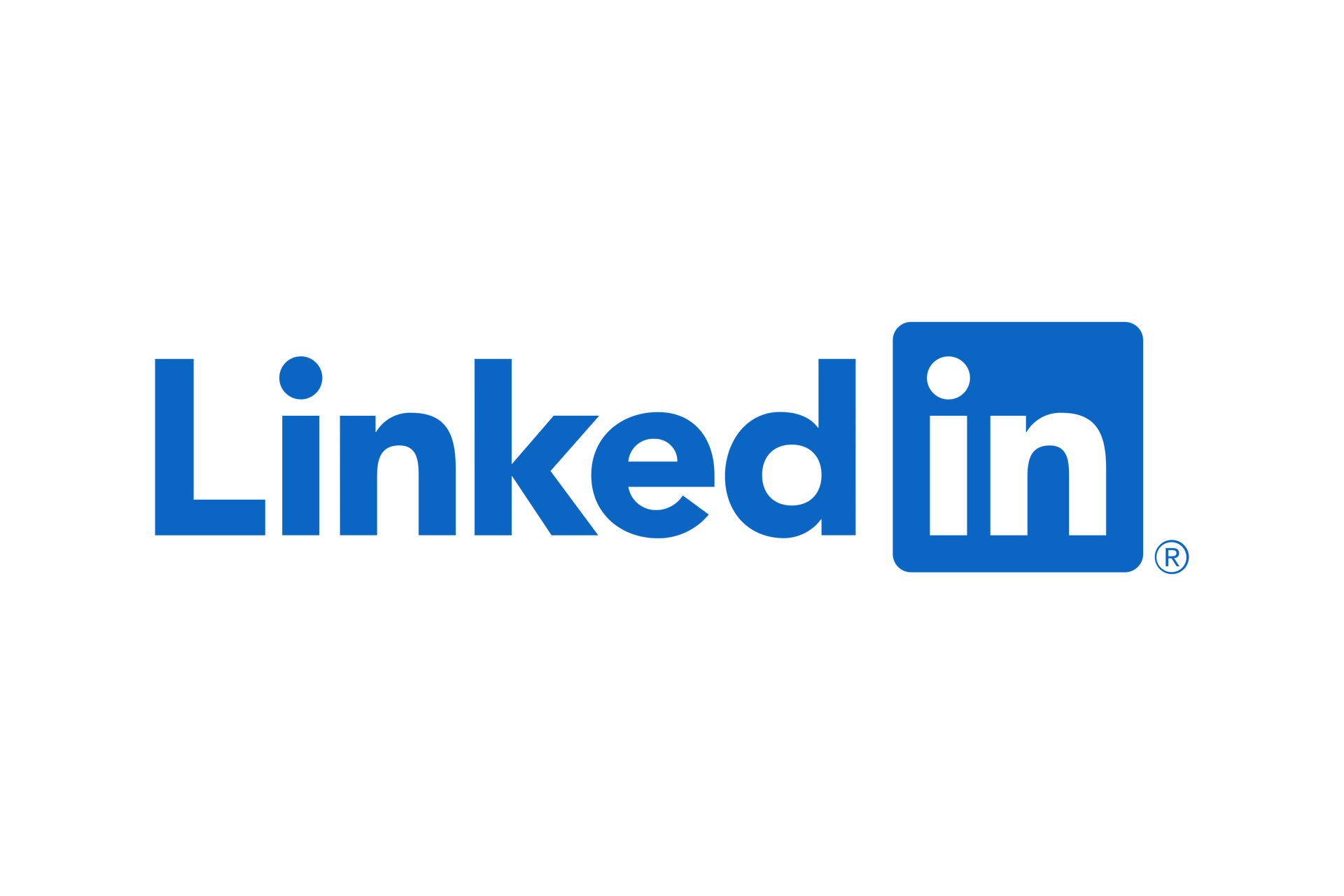Small Business Owners in Georgia: The Secret to Outcompeting Big Corporations!
How Small Businesses in Georgia Can Compete with Corporate Giants Using Smart Employee Benefits Strategies

Leveling the Playing Field
In Georgia’s competitive job market, small businesses often find themselves vying for top talent against corporate giants like Delta, Coca-Cola, or Home Depot. These large companies can offer extensive employee benefits packages that smaller employers may feel they can’t match. However, the truth is that small businesses have unique opportunities to compete effectively by crafting smart, targeted benefits strategies. This blog explores how Georgia’s small businesses can offer compelling benefits to attract and retain high-caliber employees without breaking the bank.
The Challenges Small Businesses Face
When competing with big corporations, small businesses often encounter obstacles such as:
- Budget Constraints: Limited resources can make it difficult to match the extensive contributions of larger companies.
- Lack of Resources: Small businesses may not have a dedicated HR department to design and manage benefits programs.
- Perceived Value: Employees may view small businesses as less stable or unable to provide comparable perks.
Despite these challenges, there are innovative ways for small businesses to stand out and offer benefits packages that rival those of corporate giants.
Key Strategies for Competitive Employee Benefits
1. Prioritize Contribution Levels
Corporate giants often cover a significant percentage of healthcare costs, making benefits affordable for employees. Small businesses can adopt a similar approach by focusing on:
- Subsidizing Premiums: Aim to cover at least 50% of employee premiums, with a goal of contributing around $500 per employee per month.
- Offering Affordable Plan Options: Provide at least one low-cost option that minimizes out-of-pocket expenses for employees.
2. Leverage Supplemental Benefits
Supplemental benefits can enhance your overall package without significantly increasing costs. Options include:
- Dental and Vision Plans: These are highly valued by employees and relatively affordable for employers.
- Life and Disability Insurance: Offering basic coverage shows employees you’re invested in their well-being.
- Critical Illness or Accident Insurance: These plans provide financial security and can be offered on a voluntary basis.
3. Focus on Flexibility and Wellness
Small businesses have the advantage of being nimble, allowing them to offer creative and personalized perks. Consider:
- Flexible Work Arrangements: Remote work options or flexible hours can be a huge draw for talent.
- Wellness Stipends: Subsidize gym memberships, mental health apps, or wellness programs to support holistic health.
- Health Savings Accounts (HSAs) and Flexible Spending Accounts (FSAs): Pair these with high-deductible plans to help employees manage medical costs effectively.
4. Tailor Benefits to Your Workforce
One size does not fit all when it comes to benefits. Use surveys or employee feedback to determine which benefits matter most. Tailoring your package ensures that you’re investing in areas that employees truly value.
The Role of Technology in Benefits Management
Adopting user-friendly benefits management tools can help small businesses deliver a seamless experience to employees. These tools simplify enrollment, provide clear communication about offerings, and ensure compliance with regulations. A streamlined process makes your benefits package more attractive and easier to navigate.
Why Small Businesses Have an Edge
Small businesses can offer advantages that large corporations often can’t match:
- Personalized Attention: Employees at small companies often feel more valued and appreciated, which can offset any perceived gaps in benefits.
- Unique Perks: From local discounts to company-sponsored events, small businesses can create a tight-knit culture that resonates with employees.
- Community Impact: Many employees take pride in working for businesses that support their local communities.
Partnering with the Right Benefits Advisor
Navigating the world of employee benefits can be complex, especially for small businesses. Partnering with an experienced benefits advisor like BIS Benefits can make all the difference. We specialize in:
- Designing tailored benefits packages that align with your budget and workforce needs.
- Shopping competitive rates among major carriers like Blue Cross, UnitedHealthcare, and Cigna.
- Providing ongoing support, including open enrollment guidance and compliance assistance.
Taking the Next Step
Small businesses in Georgia have more opportunities than ever to compete with corporate giants by offering smart, thoughtful benefits packages. The key is to focus on affordability, flexibility, and personalization—all while leveraging expert advice to maximize your impact.
Ready to build a benefits strategy that sets your business apart? Contact BIS Benefits today for a personalized consultation and take the first step toward leveling the playing field in 2025.
About BIS Benefits
BIS Benefits is a Georgia-based independent insurance agency specializing in employee benefits and risk management. With over 25 years of experience, we help small businesses in Alpharetta, Roswell, and beyond compete effectively with innovative benefits strategies.
